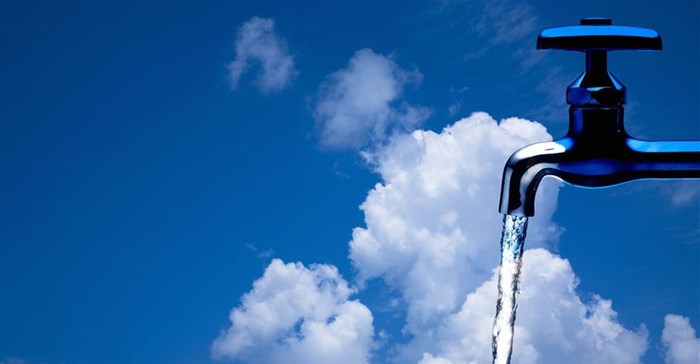
Top stories





Energy & MiningGlencore's Astron Energy gears up with new tanker amidst Sars dispute
Wendell Roelf 11 hours

More news



















Logistics & Transport
Uganda plans new rail link to Tanzania for mineral export boost









The Department of Water and Sanitation is currently in the process of drafting the country’s new National Water and Sanitation Master Plan, expected completion March 2018, which created the backdrop for the third Annual Water Stewardship summit, where water, infrastructure and financial sector stakeholders met for in-depth talks on funding models to improve South Africa’s water security.
Outlining the goals of the plan, Trevor Balzer, deputy director general: strategic and emergency projects at the Department of Water Sanitation, echoed sentiments made earlier this year by his deputy minister, Pamela Tshwete, who, at the first dialogue on the Water and Sanitation Master Plan on 19 May this year, called upon big businesses to assist in funding sustainable development projects. “Today’s event has brought us together at a critical time in South Africa’s water and sanitation planning. We expect to incorporate the feedback we received today from the financial community and other stakeholders to create a plan that effectively addresses the country’s needs.”
The summit, organised by the Strategic Water Partners Network, the National Business Initiative and the Royal Danish Embassy, provided an often-neglected opportunity for public and private financiers to become involved in the initial planning and project conceptualisation stage of the new National Water and Sanitation Master Plan. By involving such financiers early in the process, it is hoped that the master plan can be designed in a way which is as beneficial to the country as it is attractive to investment.
South Africa faces water services challenges on a number of fronts, including supply, ageing infrastructure, the need for new infrastructure, significant non-revenue water losses and the issue of revenue collection.
“Getting involved at this stage of the planning process helps us from a corporate and investment banking perspective to better conceptualise how we can leverage our strategic, operational and sustainability goals to proceed in a way which will contribute to the future master plan," said Catherine-Candice Koffman, head of infrastructure and telecommunications project finance at Nedbank CIB.
“The current funding situation presents us with an enormous range of opportunities, cunningly disguised as insurmountable problems,” said Cornelius Ruiters, executive: infrastructure and programme management services at the Independent Development Trust (IDT), who encouraged urgent and innovative new water infrastructure funding models in South Africa, as well as a focus on enhanced efficiencies in the system.
"Stringent government regulations around water services in Denmark have driven innovation in the sector, so we now have world class companies operating in this arena and there are opportunities for our government to support further academic research and innovation in the South African water sector," said the Danish ambassador, Trine Rask Thygesen, on the side lines of the summit: “The government of Denmark has three main aims in supporting South Africa’s efforts to improve water security and bridge the infrastructure funding shortfalls: foreign policy and our long-standing partnerships with South Africa, our ongoing interest in helping improve water services, and the fact that Denmark has developed world class water infrastructure innovations.